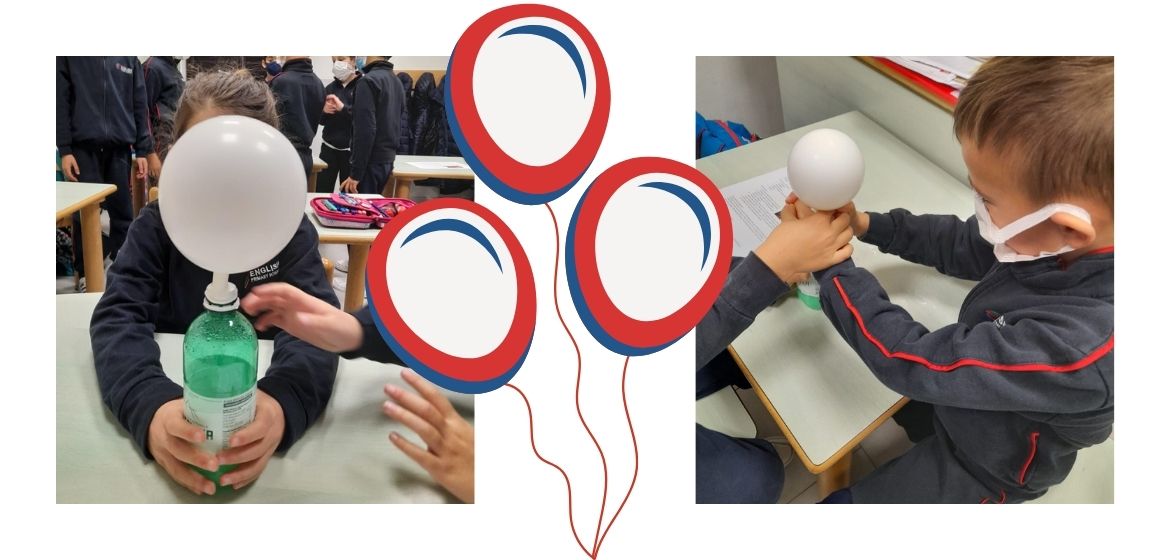Life is not lived only in books or on computer screens. Life is also experienced.
To truly appreciate life, we must be curious and constantly question all that is around us. Young people are full of curiosity and questions. Their ideas are limitless and not yet fixed in any sort of way.
That’s exactly why school should be a place that helps that curiosity grow and expand. A place that encourage asking questions to provide answers. An environment that supports all forms of discovery.
Although this is true within all subject areas, science is one discipline where this type of discovery needs to take center stage.
Grade 3, English Primary School of Massa
The students are always busy exploring the world of science in a way that brings the subject to life. They have made predictions, got messy, and discussed why somethings happen the way to do. They have turned chocolate into liquid and back into a solid again while learning how heating and cooling effects matter.
They created fireworks in a jar, while visually experiencing the wonder of different densities. They watched as a solid and liquid created a gas, magically inflating a balloon. A simple container of coloured water and a stalk of celery showed, more than words, how water travels up through plants and into the leaves.
And in the end, more questions came pouring out of the students, more curiosity.
Perhaps it was said best by Albert Einstein “Information is not knowledge. The only source of knowledge is experience. You need experience to gain wisdom.”

La vita non è fatta soltanto di libri o schermi di computer. La vita è anche esperienza.
Per apprezzarla veramente dobbiamo essere curiosi e interrogarci costantemente sul mondo che ci circonda. I bambini sono colmi di curiosità e domande. Hanno una grande fantasia e le loro menti sono in fase di formazione.
Per questo la scuola deve essere un luogo che stimola e accresce la loro curiosità. Un luogo che incoraggia a porsi delle domande per poi fornire le risposte. Un ambiente che supporta la scoperta in tutte le sue forme.
Questo è valido per tutte le materie, ma soprattutto per le scienze, dove questo tipo di scoperta diventa la protagonista.
Classe III, English Primary School Massa
Gli alunni esplorano il mondo delle scienze in modo molto pratico. Fanno delle previsioni, anche complicate, e conducono dibattiti e scambi di opinioni sul perché le cose funzionano in un certo modo. Hanno trasformato la cioccolata in liquido per poi farla tornare solida, imparando gli affetti del riscaldamento e del congelamento.
Hanno creato dei fuochi d’artificio in un barattolo, sperimentando visivamente la meraviglia dei diversi tipi di densità. Hanno osservato come un solido ed un liquido producono del gas semplicemente gonfiando un palloncino. Un semplice contenitore di acqua colorata e un gambo di sedano riescono a spiegare, più di molte parole, in modo chiaro e semplice come il nutrimento dell’acqua giunga fino alle foglie e al gambo.
E alla fine, più domande ci pongono i bambini, più la loro curiosità viene stimolata.
Probabilmente questo concetto viene espresso meglio da Albert Einstein: “Information is not knowledge. The only source of knowledge is experience. You need experience to gain wisdom.”
Vuoi avere maggiori informazioni sulla nostra English primary School di Massa? Visita questa pagina del nostro sito
